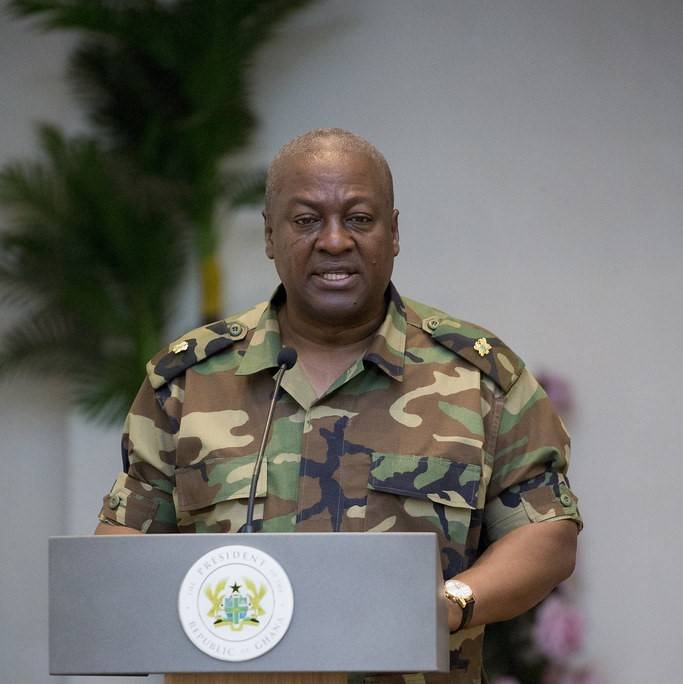Could Ghana’s Recent Election Cement Mahama’s Role as a Supreme Leader?
Ghana’s 2024 presidential and parliamentary elections have ushered in a political shift that could have far-reaching implications for the country’s governance. With John Dramani Mahama’s victory in the presidential race and the National Democratic Congress (NDC) securing a two-thirds majority in parliament, the stage is set for a potential transformation of Ghana’s political landscape. This article explores how these developments could position Mahama as a dominant leader and what this means for Ghana’s democracy.
Mahama’s Historic Return to Power
John Dramani Mahama’s win marks a significant comeback after two electoral defeats in 2016 and 2020. He garnered 56.55% of the vote, defeating the incumbent Vice President Dr. Mahamudu Bawumia, who represented the New Patriotic Party (NPP). This decisive victory reflects widespread public discontent with the NPP’s governance amidst economic challenges, including inflation and unemployment. It also highlights Mahama’s enduring appeal as a leader capable of addressing Ghana’s pressing issues.
NDC’s Parliamentary Majority: A Game-Changer
The NDC’s two-thirds majority in parliament is perhaps even more consequential than Mahama’s presidential victory. This supermajority grants the NDC unprecedented legislative power. Under Ghana’s 1992 Constitution, such a majority enables a party to amend the constitution, pass critical legislation without significant opposition, and override presidential vetoes if needed. This could give Mahama and his party unparalleled authority to implement their policies.
Implications for Governance and Reforms
Mahama’s administration is expected to focus on economic recovery, addressing unemployment, and improving healthcare and education. The NDC’s control over parliament could expedite these initiatives, eliminating bureaucratic bottlenecks often encountered in a divided government. However, this concentration of power also raises concerns about checks and balances.
A two-thirds majority could allow the NDC to amend constitutional provisions, including those related to term limits, electoral reforms, or judiciary appointments. While such changes could be framed as necessary for governance, critics warn they might undermine democratic principles if not pursued transparently. Mahama’s challenge will be to balance this power responsibly, ensuring that reforms strengthen rather than weaken Ghana’s democratic institutions.
The Risk of Overreach
History shows that excessive power in the hands of one party can lead to authoritarian tendencies. Critics have expressed concerns that the NDC’s dominance could marginalize opposition voices, eroding democratic diversity. The party’s handling of this power will be closely scrutinized both domestically and internationally.
Opportunities for Inclusive Leadership
Despite the risks, Mahama’s position also presents an opportunity for inclusive leadership. By engaging with opposition parties, civil society, and other stakeholders, Mahama can foster a collaborative approach to governance. This would not only enhance the legitimacy of his administration but also set a precedent for responsible use of power in Ghana’s democracy.
Ghana’s 2024 elections have set the stage for a transformative period in the country’s political history. With Mahama’s leadership and the NDC’s parliamentary dominance, the potential for sweeping reforms is high. However, this power must be wielded with caution to preserve the democratic values that have long been a hallmark of Ghana’s political system. As Mahama prepares to assume office, all eyes will be on his administration to see how it navigates this delicate balance between authority and accountability.



